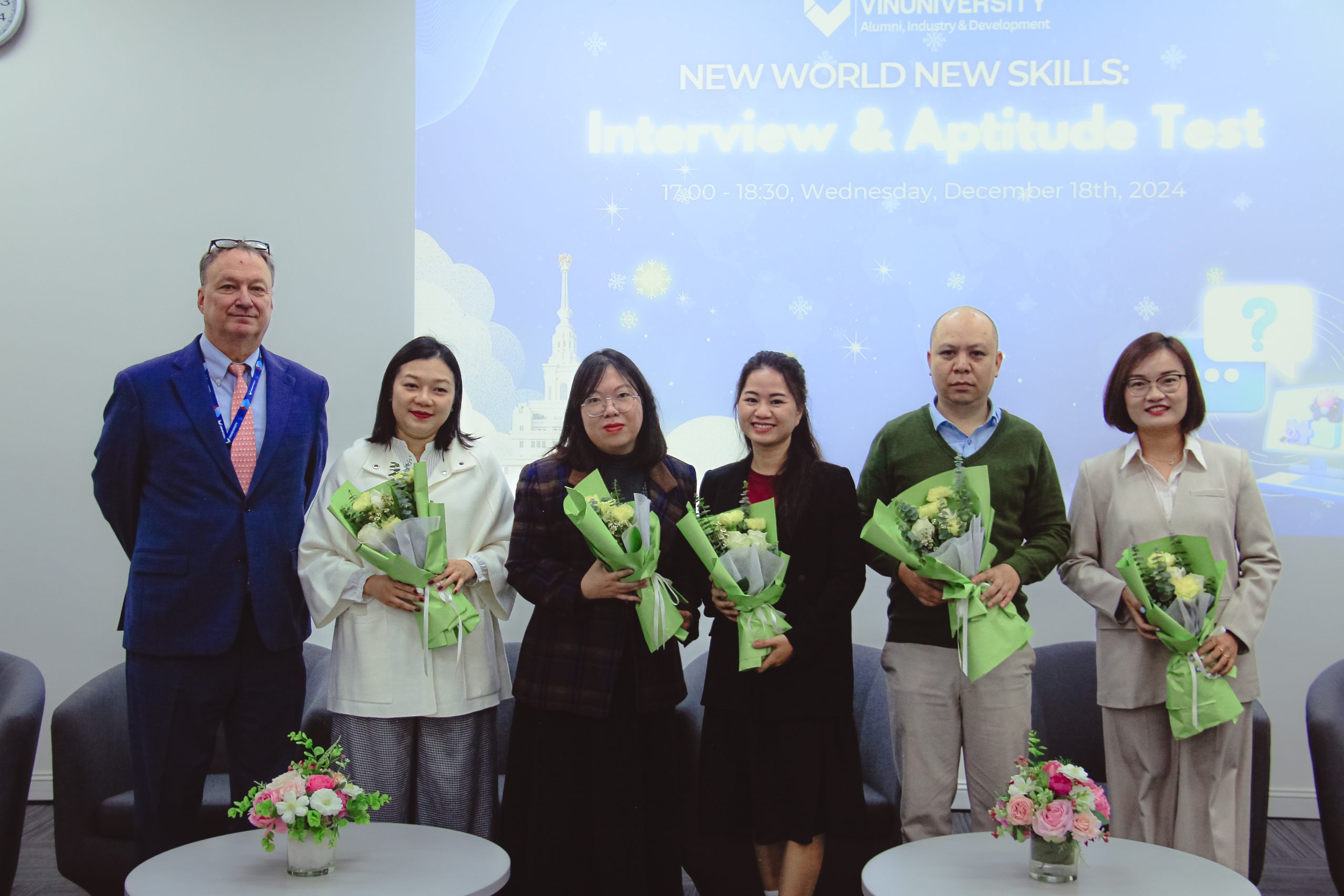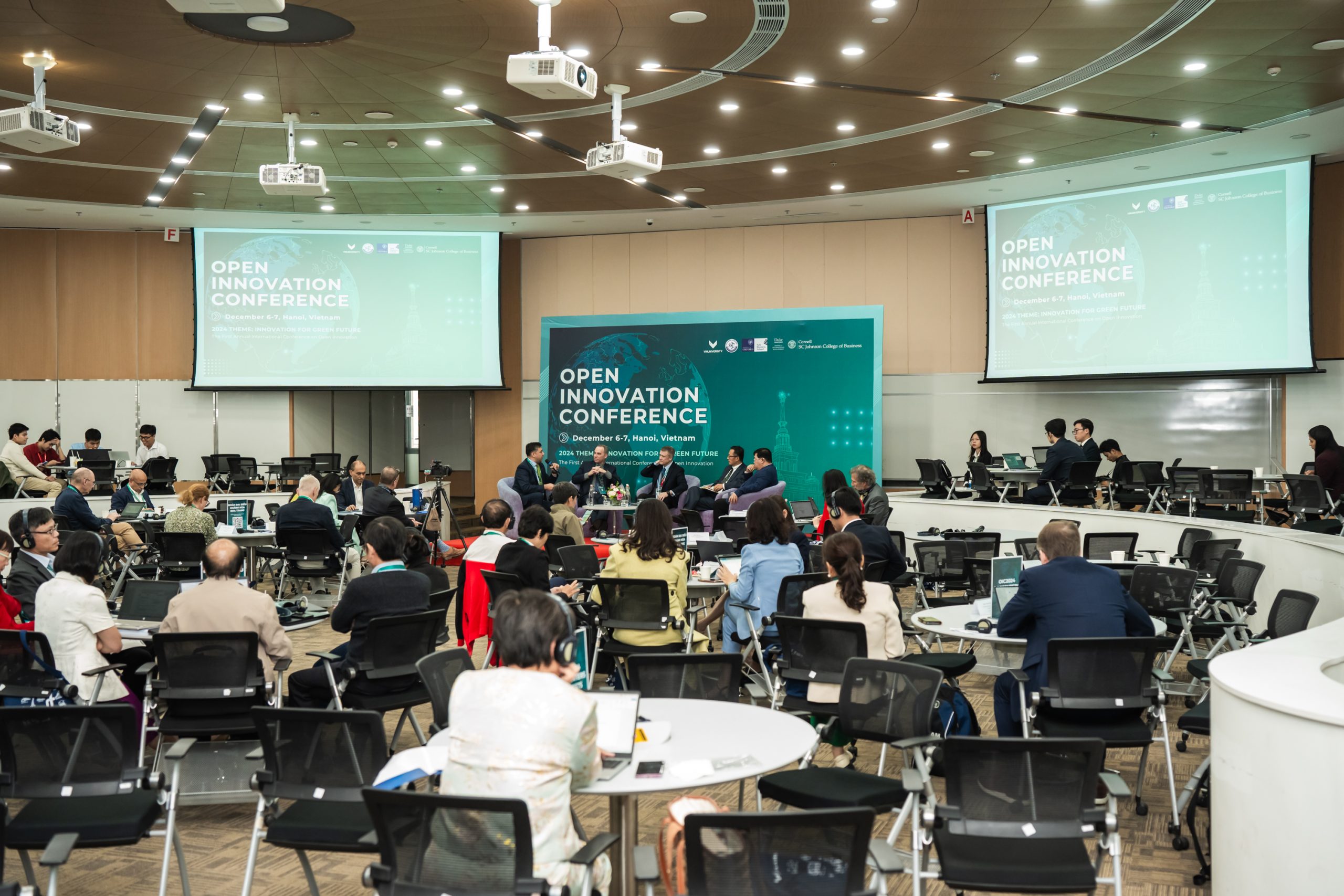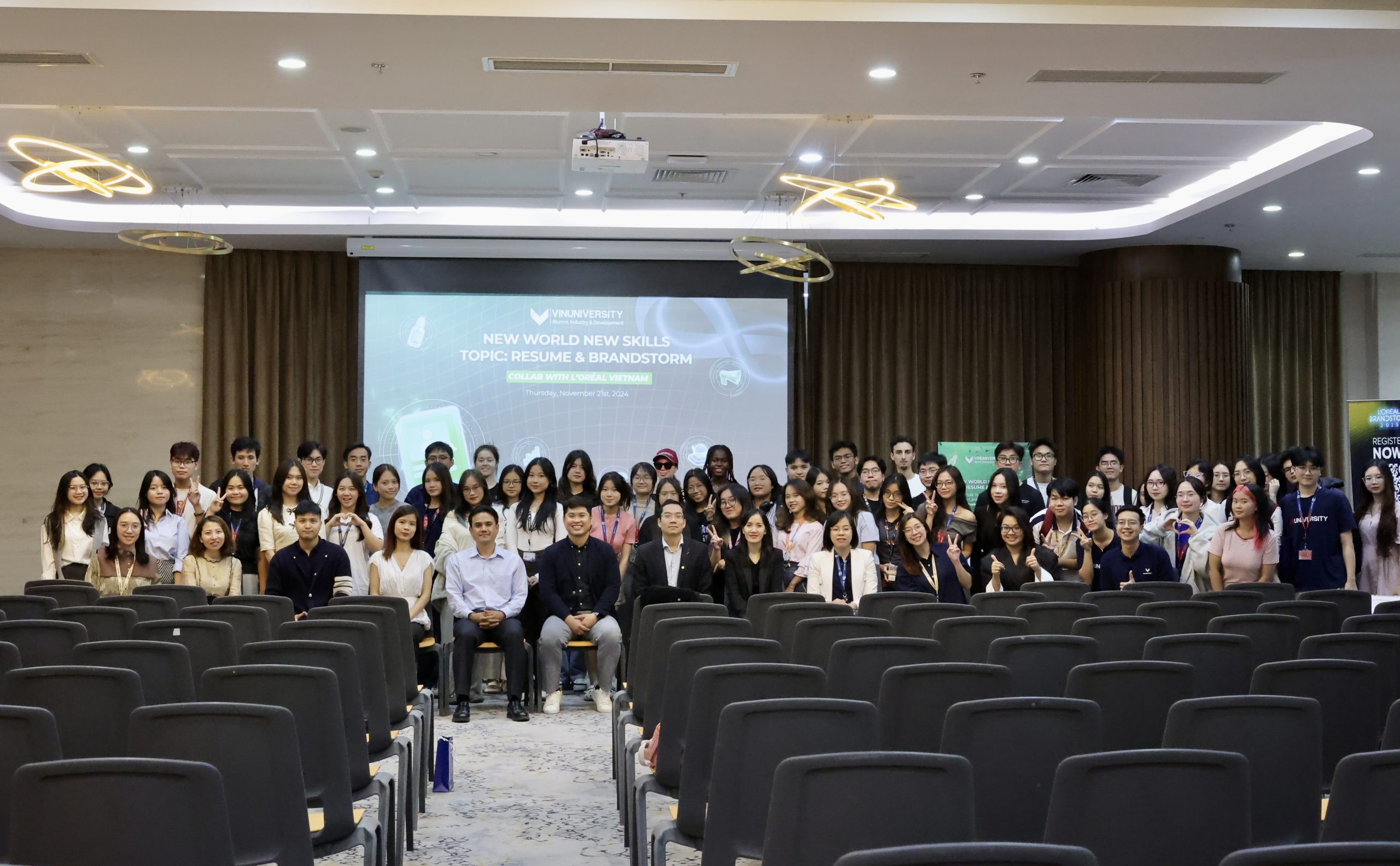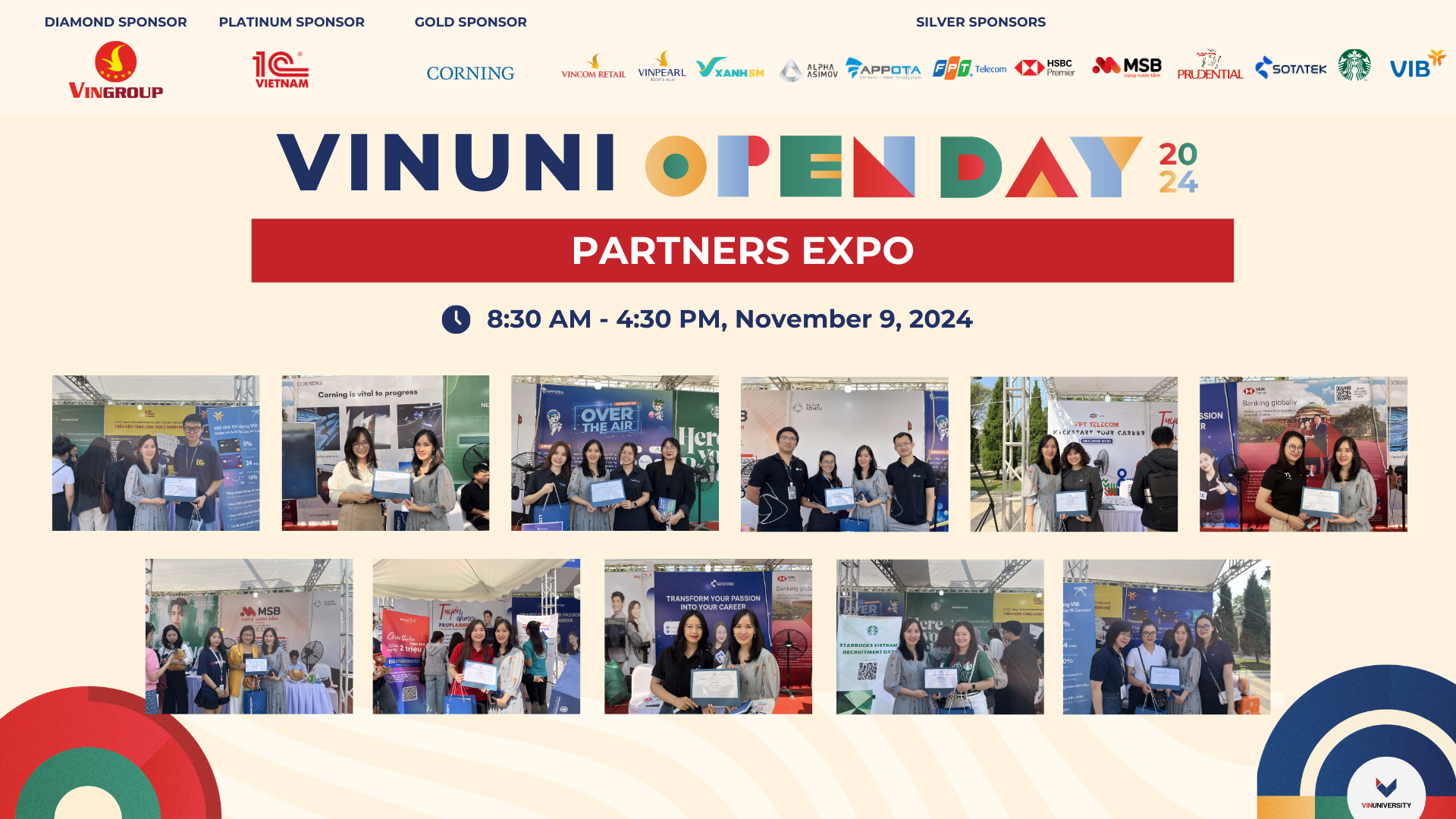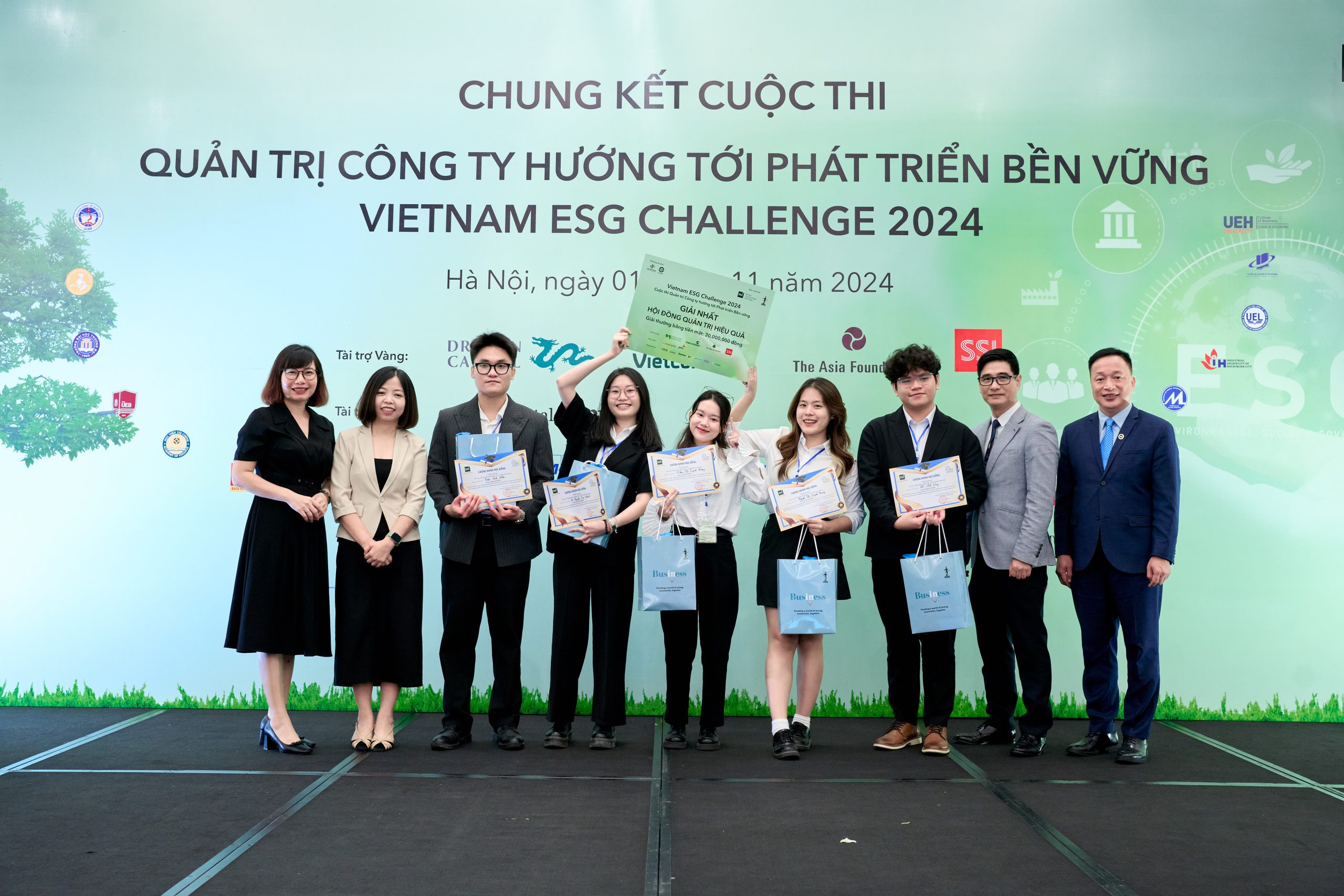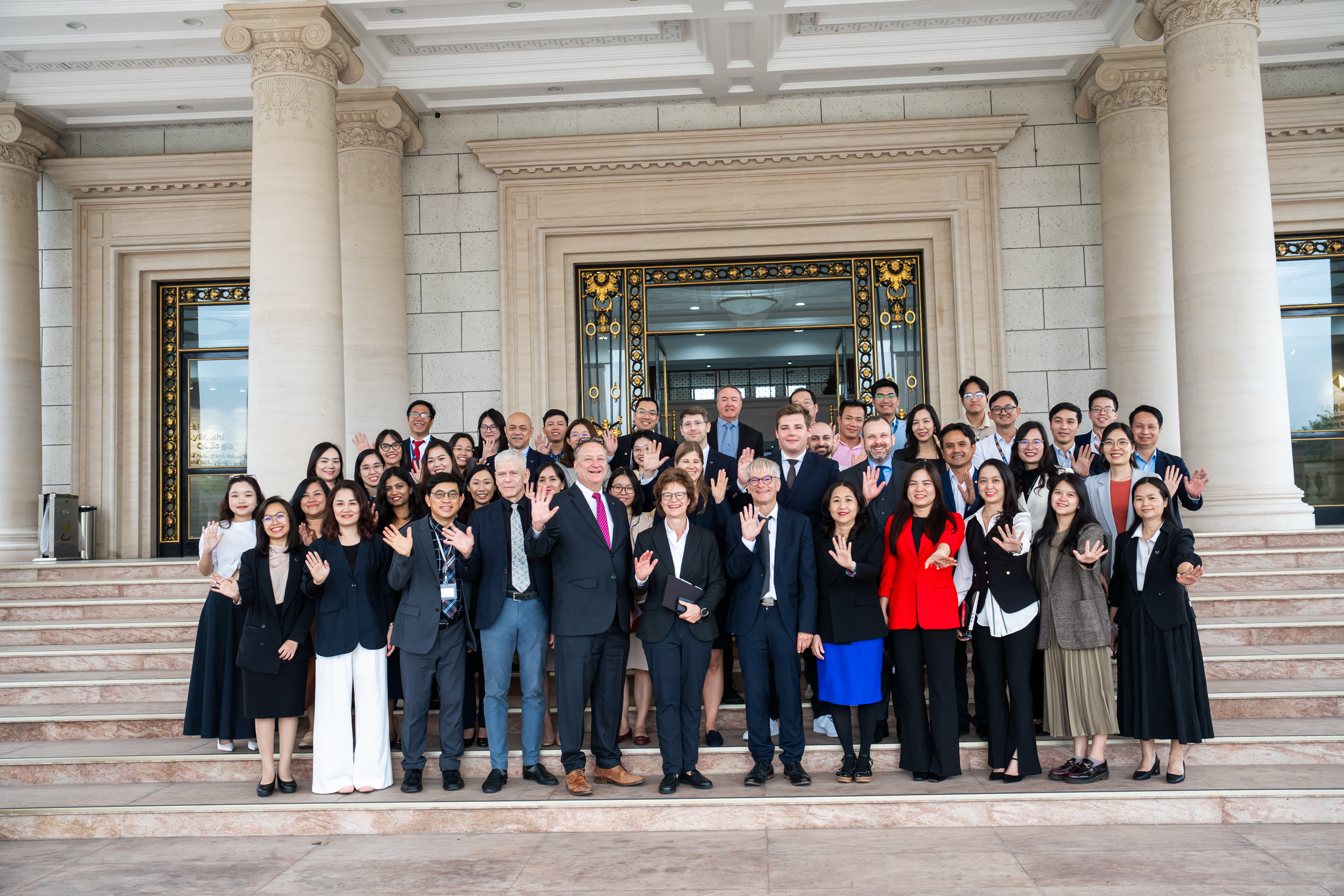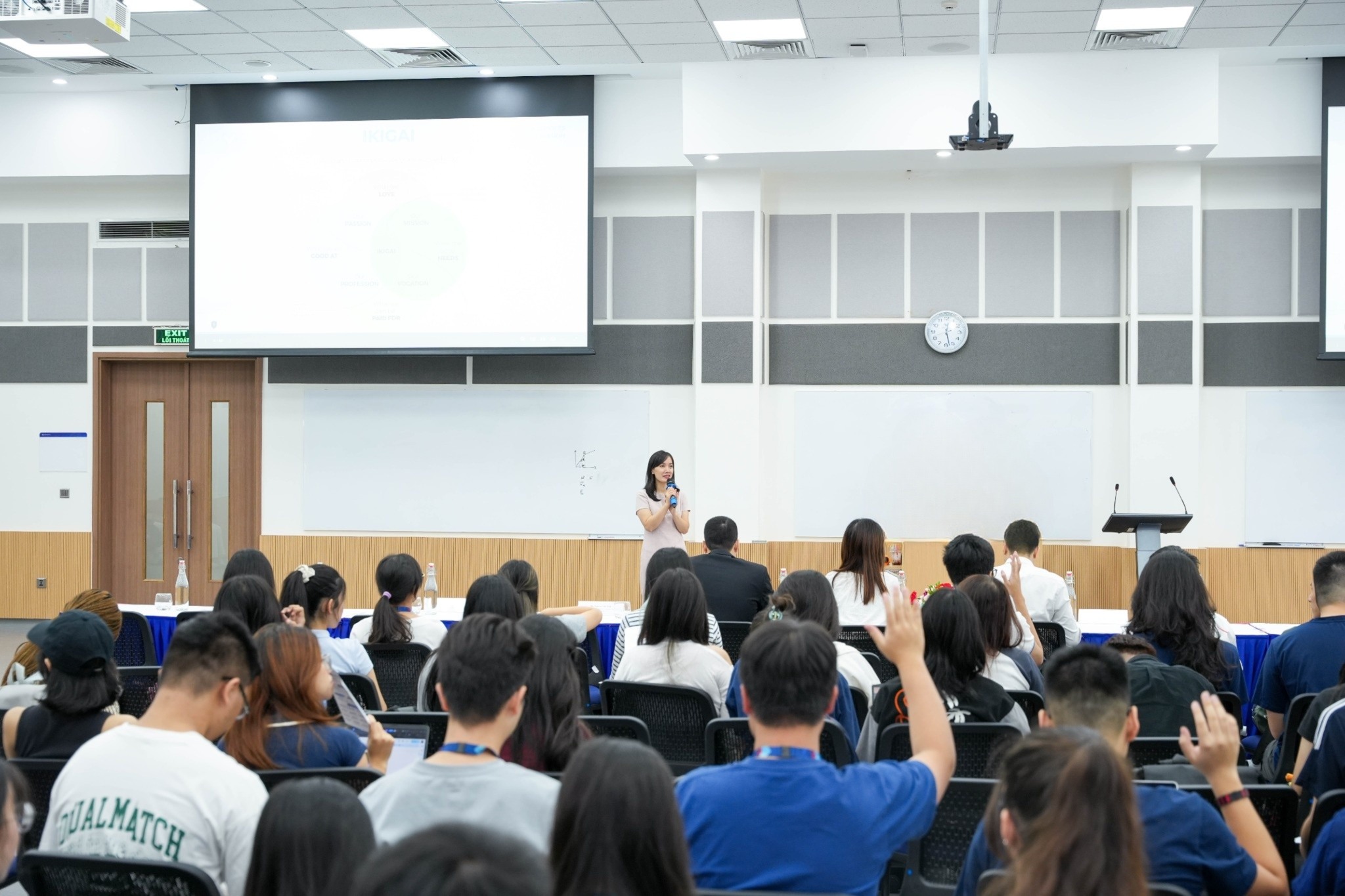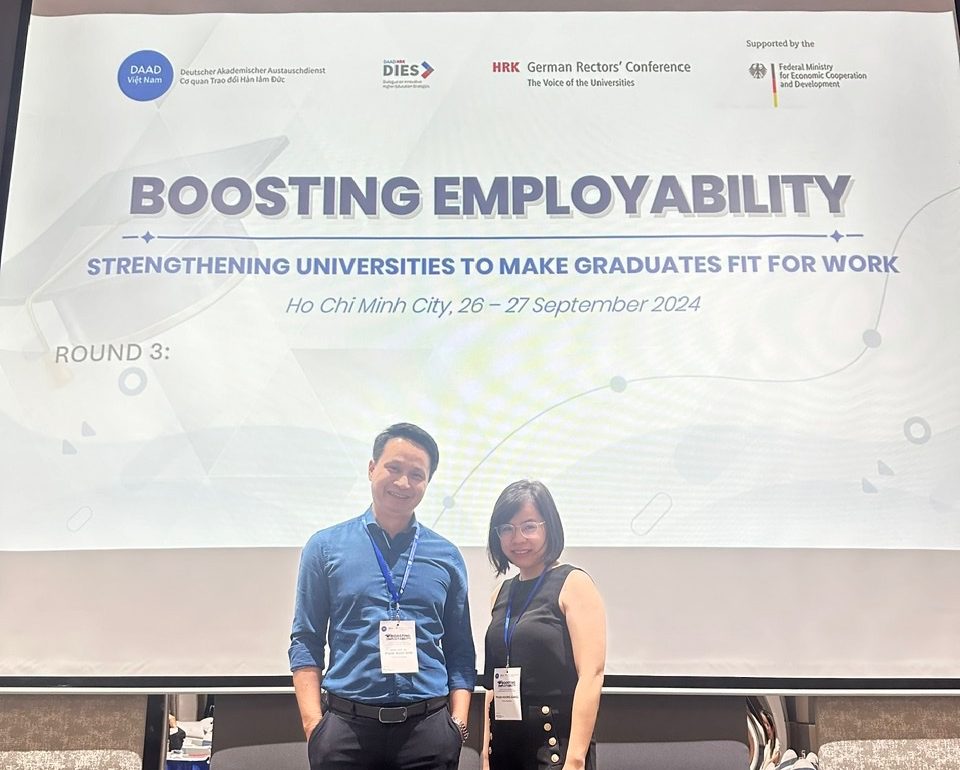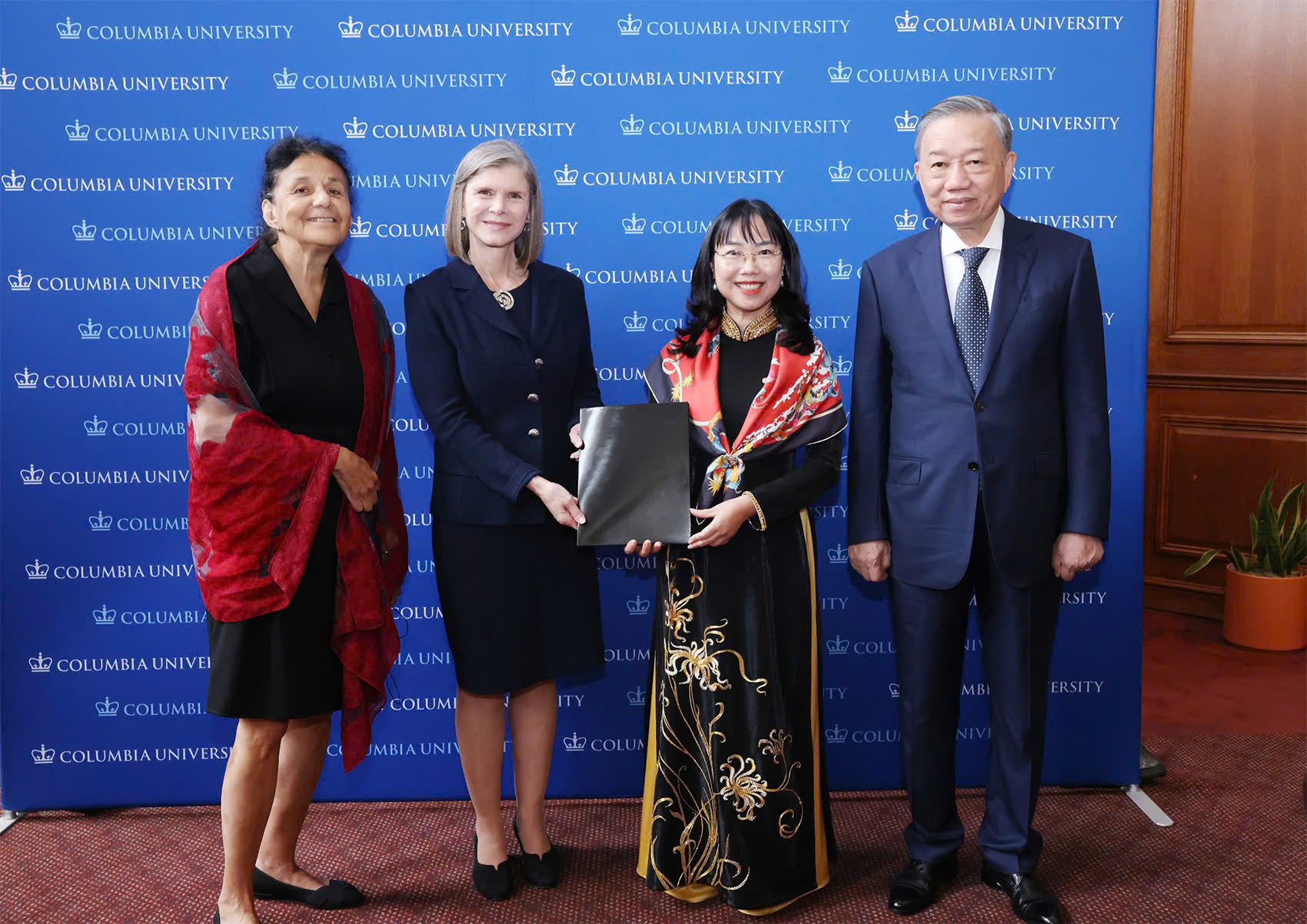(Dan Tri News) – Thai Hung is the one who proposed the idea and directly took on many important parts in the scientific research that got published in one of the world’s most reputable scientific journals.
In September 2021, the IEEE Access – a Q1 journal that is among the 25% of most prestigious journals globally in the field of Engineering and Computer Science – published a research article called “Efficient Two-Party Integer Comparison with Block Vectorization Mechanism”.
The author of this research is Nguyen Thai Hung, a student majoring in Computer Science at VinUniversity. It is co-authored by Professor Kok Seng Wong and Dr. Thomas Oikonomou from the College of Engineering and Computer Science. Hung ranked first in the list of authors because he was the one who proposed the idea and made many contributions throughout the research process.
Remarkably, the research paper was conducted when Thai Hung was only a Computer Science freshman. Dr Oikonomou noted that it is “extremely rare” for a freshman to have a research paper published in Q1 journal.
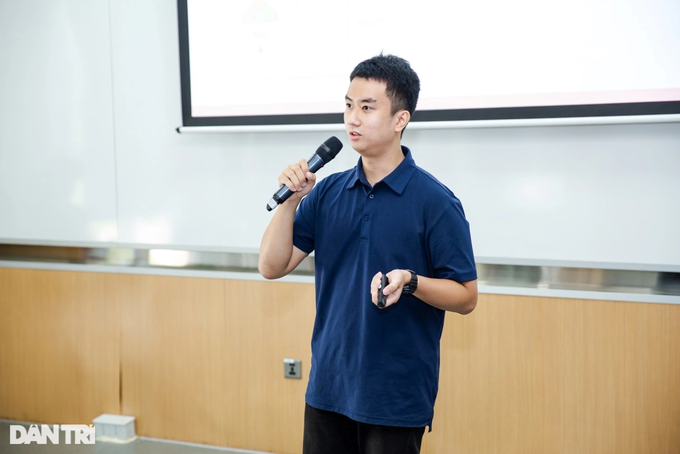
Having an article published in the world’s leading scientific journal as a freshman
Thai Hung shared that in December 2020, he first learned about the problem of Secure two-party computation through his research mentor – Professor Kok Seng Wong. This is a well-known problem in the field of cryptography, first introduced by scientist Andrew Yao in 1982.
Since then, there have been many research papers trying to solve this problem. However, the first solutions were easy to implement in theory, but, in practice, they were very difficult to implement because it would take a long time to get the answer.
During a discussion with a tutor at the university, Thai Hung had an idea to better solve this problem. After presenting the idea, Hung’s proposal was evaluated as feasible by lecturers at the College of Engineering and Computer Science.
Immediately, the research team, which included Thai Hung, Professor Kok Seng Wong, and Dr. Thomas Oikonomou, began in-depth research.
The research period ran from December 2020 to July 2021. It was submitted to IEEE Access journal in August 2021 and approved by the jury of IEEE Access for publication in September 2021.
Besides proposing the idea and proving it was feasible, Thai Hung’s role in this research was to run experiments and write some parts of the article.
Hung emphasised that the research’s core difference is taking an old method but finding a way to calculate it faster. Additionally, Hung’s method also works when comparing large data, even up to more than a billion, and still be able to provide accurate results.
In terms of practical efficiency, the problem of comparing and calculating two safe sides has many applications in security, especially in auctions.
“Regular auctions are often where everyone is present in the same place (or all join in online auctions), then people bid in turns.
The problem with this method is that one person will know all the prices offered by the others, as well as information regarding the auction participants. And this is what many people don’t want when participating in auctions.
So how do we hold an auction where only the winner and the winning amount is known, without publicising how much each participant bid. This is the problem of security comparison,” said Thai Hung as an example.
In addition to the article on Secure two-party computation, Thai Hung also has another study published internationally, in the International Conference on Information Networking.
The research is called Emerging Privacy and Trust Issues for Autonomous Vehicle Systems. Hung is a co-author with two of his friends.
According to the student, this study focuses on clarifying the privacy risks of self-driving cars, as these vehicles require many cameras and recording systems.
At present, Thai Hung shared that he is continuing his research, one of which has just been completed and one is still in the research stage.
Natural passion with research
Nguyen Thai Hung was born in 2002, in Ba Vi, Hanoi. He was a student who specialised in Mathematics at the High School for Gifted Students, Hanoi University of Sciences, Vietnam National University.
From a young age, he had won many awards, such as First Prize in the International Mathematical Tournament of Towns (ITOT) in 2015; Second Prize in Hanoi Open Mathematics Competition (HOMC) in 2016; Third Prize in the city-level Excellent Student Competition in Mathematics for 9th-graders; Silver Medal in the 2018 Natural Sciences Olympiad for Mathematics.
In addition, he won a bronze medal in the Excellent Student Competition between specialised high schools in Northern Delta for Informatics in 2019; Bronze Medal in the Natural Sciences Olympiad for Informatics in 2019.
After graduating high school, Thai Hung won a 100% scholarship to attend university. He is currently in his third year of university.

Hung shared that his family does not have a tradition of pursuing science and technology or doing research. However, he has great passion for this type of work.
In his first year of university, Thai Hung and his friends were given the opportunity by the school to participate in research. Hung realised that this was an opportunity for him to acquire more knowledge and develop himself. Thus, he went to Professor Kok Seng Wong to ask for guidance.
Hung confessed that, during the research process, he was very worn out when he had to face difficulties. Some of the most difficult challenges he had to experience was going months without any ideas or progress.
“At times like this, people will start to feel that they are not suitable for research and choose to give up because they’ve been doing it forever without any breakthrough. But I understand that this is part of doing research and the important thing is to get through these times,” Hung said.

According to him, research has helped him gain a lot of skills, such as reading, writing, presenting ideas, etc. Additionally, he understands that research can open up great opportunities, especially for pursuing a master’s degree in the future.
Thai Hung plans to continue his research activities until he graduates from university, and then pursues a master’s degree. In the longer term, he said that he might choose to work in a company that allows him to both develop products and continue research.

